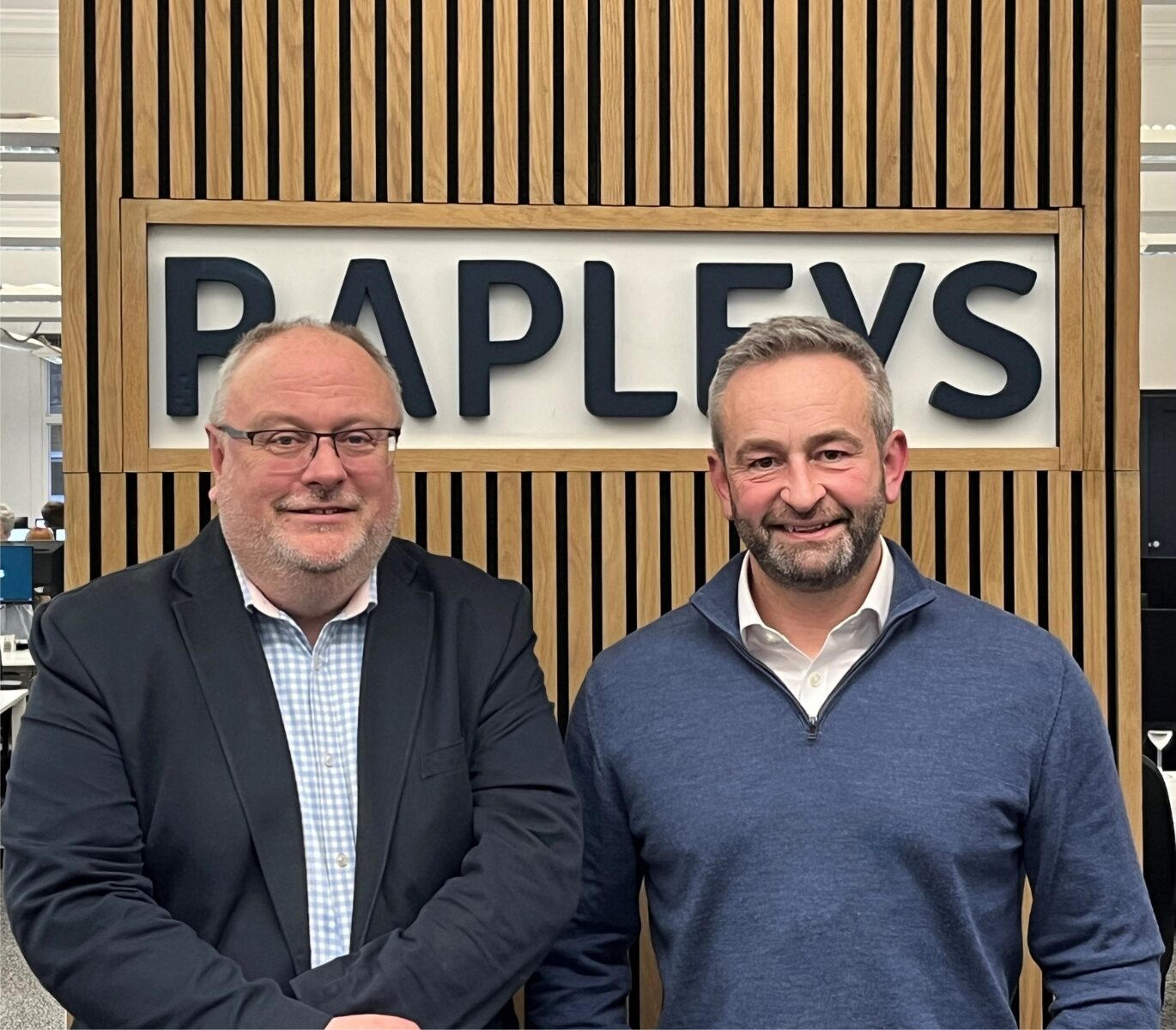
Insights
Why finding the right RP is crucial for Developers, and why a lot of a little adds up to a lot
11th Apr 2024
Developers of all shapes and sizes are required by local plan policies to sell typically 30-40% of any development over 10 dwellings to Registered Providers, in a move designed to increase deliverability of affordable housing across the UK.
If a developer puts forward the policy compliant level of Affordable Housing, they do not have to provide a financial viability assessment but, of course, the reality is somewhat different. It is generally uncommon, apart from on greenfield sites with a low existing use value, for developers to be able to provide the full policy level of Affordable Housing provision in every instance and that means a financial viability assessment is almost always required. And, where there are established existing uses on the site or typically on brownfield developments it will show a reduction in s106 affordable housing is required for the development to come forward.
As such, viability concerns for developers and ongoing wrangling over how many units they could and should deliver as part of their planning submissions often lead to protracted delays causing sites to be locked and, in some cases, abandoned. In those cases, that means no affordable housing is being delivered, on top of no housing on the site at all – both hugely unconducive to hitting targets especially when you consider this is happening up and down the country.
On the other side of the coin, there have been widespread stories in the media lately about the number of Housing Associations operating in the red with very real concerns around the asset management costs of responding to fire safety concerns and damp and mould issues as well as increasing costs of borrowing, casting real concerns about the deliverability of new affordable housing units when we are already way off the targets set each year.
Those with active development programmes often don’t want to buy a small number of units or buy already built properties through s106 agreements because they will have little control over development standards, design and specification. Many Registered Providers and Housing Associations prefer to acquire whole sites and procure the development directly to control the process, timing and the product quality.
But, in property, a little goes a long way and savvy RPs are looking at smaller, quality purchases from SME housebuilders which paves the way for real collaboration in development and operational, forging a long-term community with shared values. This is why the right partnership is incredibly important to both sides.
As leaders in Affordable Housing, the development consultancy team at Rapleys are seeing more and more of this emerging. One recent transaction saw just nine s106 units sold to Registered Provider Worthing Homes in Chichester on a development of 17 homes by Newship Developments Ltd, the developer arm of volumetric offsite manufacturer Rollalong.
The site is a former paddock on the edge of the village in the South Downs National Park, the homes are built sustainably predominantly offsite and are designed to fit into their local ‘green’ surroundings. Importantly, we found the right RP partner to work collaboratively with the developerto deliver the affordable housing providing much needed rented homes they will own and manage enhancing the sustainability of the local community.
Worthing Homes have since highlighted that they are keen to do more deals of this type, building up their overall quantum of s106 units with well-designed high-quality homes delivered by SME housebuilders across West Sussex and the surrounding area.
And that makes really good sense. Surely this is the perfect way to provide quality affordable housing that has long-term positive impacts on the local community?
Imagine if the 2,500 currently operational SME Housebuilders in the UK worked in partnership with likeminded Registered Providers in this way up and down the country delivering beautiful pockets of s106 housing spread across Local Authorities. It’s certainly preferable to putting all our eggs in the basket of the current strategy of number crunching that is reliant on big volume development despite the viability issues and years navigating the planning system before they even get to delivery. And that’s of course IF they get to delivery at all.
Lots of a little add up to a lot. More of this please.
Related news
Why Warm Homes is such a hot topic
Martin Gladwin and Titus Wing explore the Government’s Warm Homes Plan





